Indigenous Governance Database
David E. Wilkins
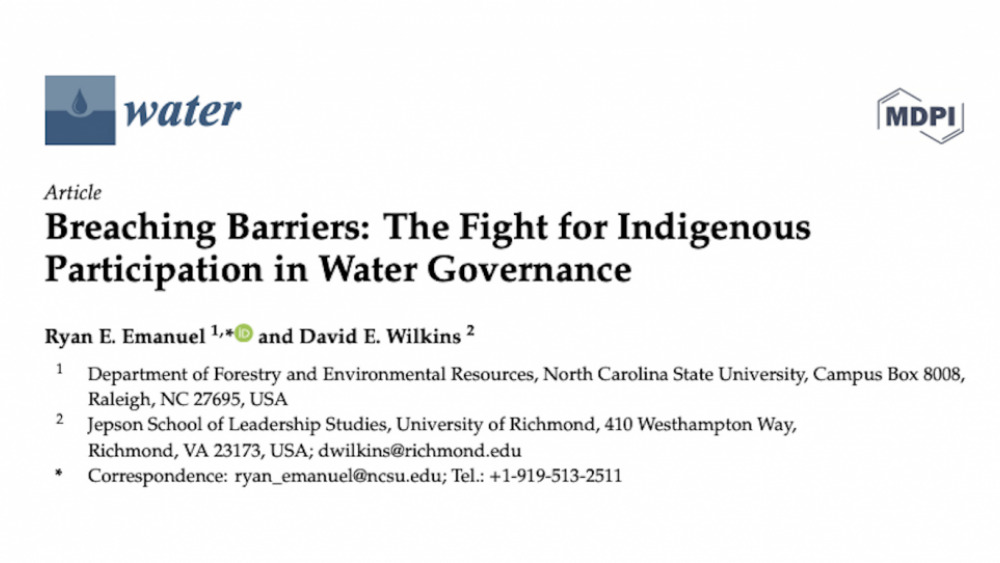
Breaching Barriers: The Fight for Indigenous Participation in Water Governance
Indigenous peoples worldwide face barriers to participation in water governance, which includes planning and permitting of infrastructure that may affect water in their territories. In the United States, the extent to which Indigenous voices are heard—let alone incorporated into decision-making—…
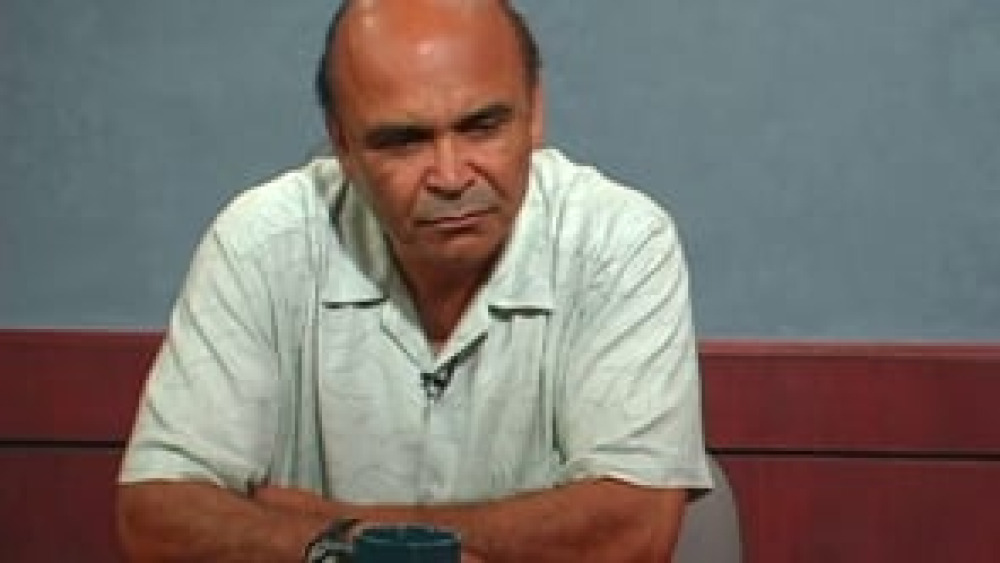
David Wilkins: Indigenous Governance Systems: Diversity, Colonization, Adaptation, and Resurgence
In this in-depth interview with NNI's Ian Record, federal Indian law and policy scholar David Wilkins discusses the incredible diversity and sophistication of traditional Indigenous governance systems, the profound impacts colonial policies had on those systems, and how Native nations are working…
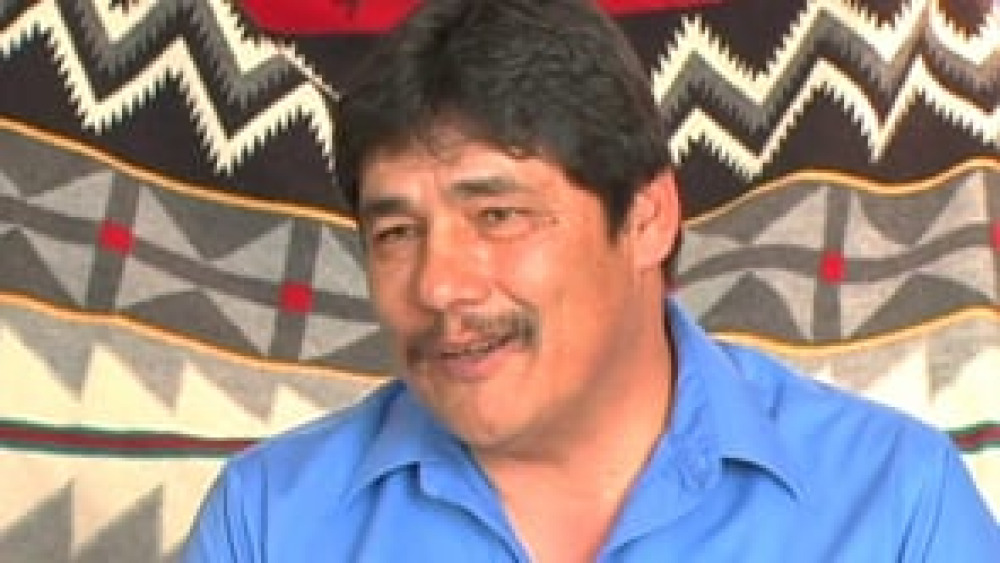
From the Rebuilding Native Nations Course Series: "Defending Sovereignty Through Its Effective Exercise"
Native leaders speak to the notion that Native nations' best defense of their sovereignty is the demonstration of their ability to exercise that sovereignty effectively.
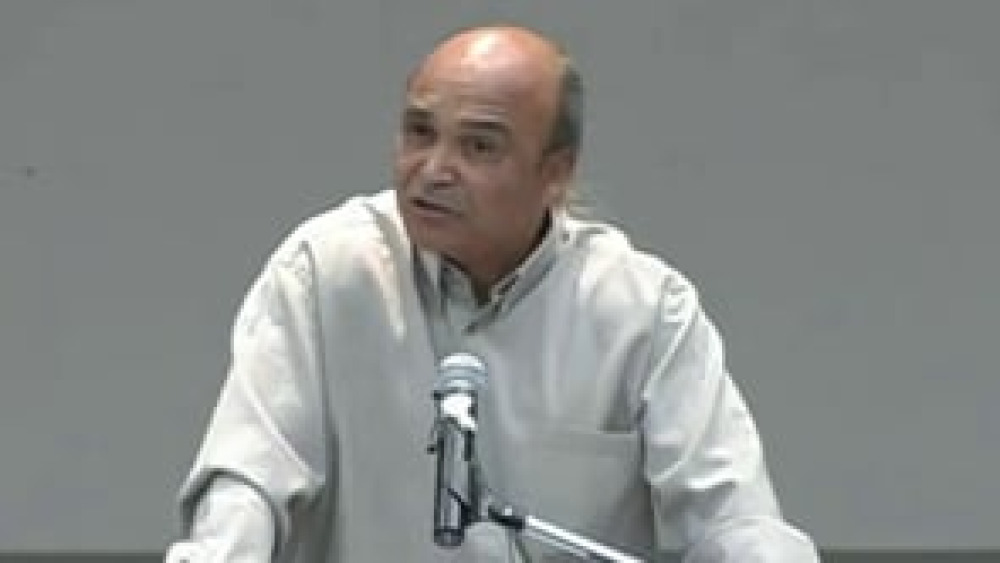
David Wilkins: Putting the Noose on Tribal Citizenship: Modern Banishment and Disenrollment
The final speaker for the 2008 Vine Deloria, Jr. Distinguished Indigenous Scholars Series at the University of Arizona, scholar David Wilkins (Lumbee) shares his research into the recent and growing phenomenon of disenrollment that is occurring across Indian Country, and delves into the likely…
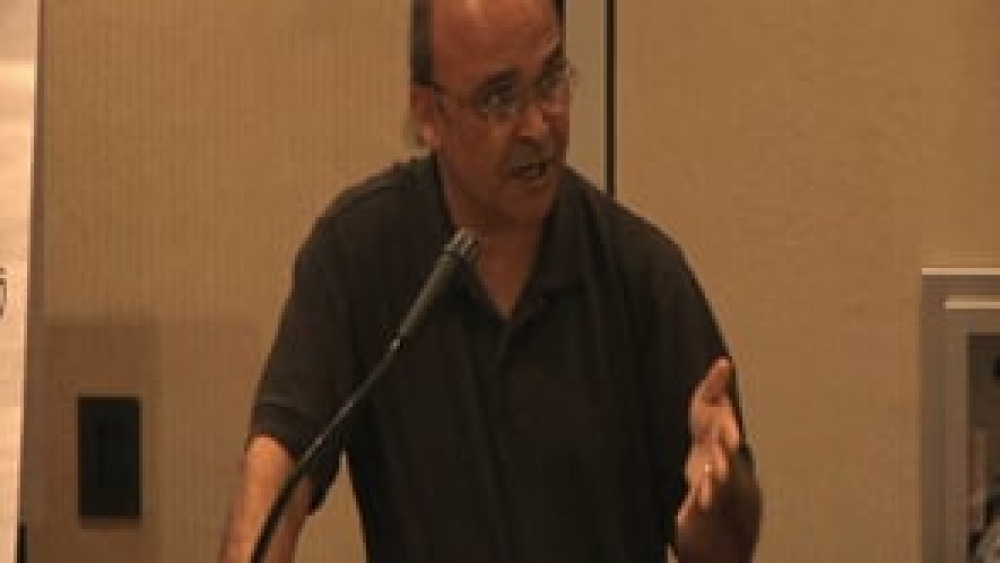
David Wilkins: Patterns in American Indian Constitutions
University of Minnesota American Indian Studies Professor David Wilkins provides a comprehensive overview of the resiliency of traditional governance systems among Native nations in the period leading up to the passage of the Indian Reorganization Act (IRA), and shares some data about the types of…

How Do We Re-Member?
On July 2, the tribal council of the Confederated Tribes of the Grand Ronde held a special meeting to allow their citizens an opportunity to testify for or against a proposed emergency enrollment ordinance whereby the Council sought to delegate its constitutional authority to involuntarily…

Dismembering Natives: The Violence Done by Citizenship Fights
Outside Indian Country most don't realize that over the past 10 years, several thousand people have had their tribal citizenship status terminated. Most were not dismembered for wrongdoing or adopted by other Native nations. They were simply identified by their elected officials as allegedly no…

Two Possible Paths Forward for Native Disenrollees and the Federal Government?
Disenrollment, a seemingly innocuous term when used outside Indian country, has become a loaded word that rivals, if it does not surpass, “termination” as a concept that invokes fear and trembling in those natives who suffer its consequences. While the federal policy of termination in the 1950s was…
